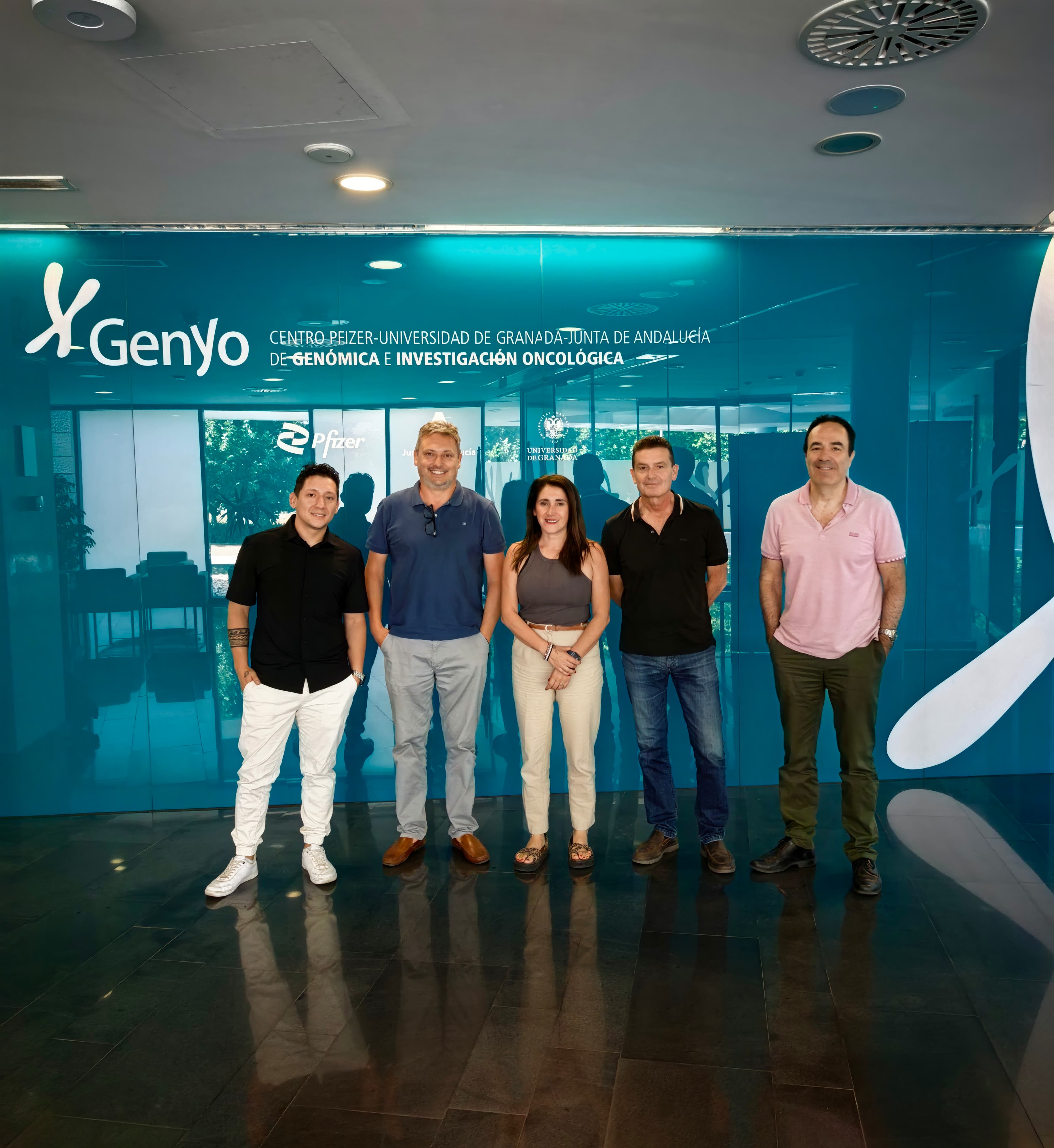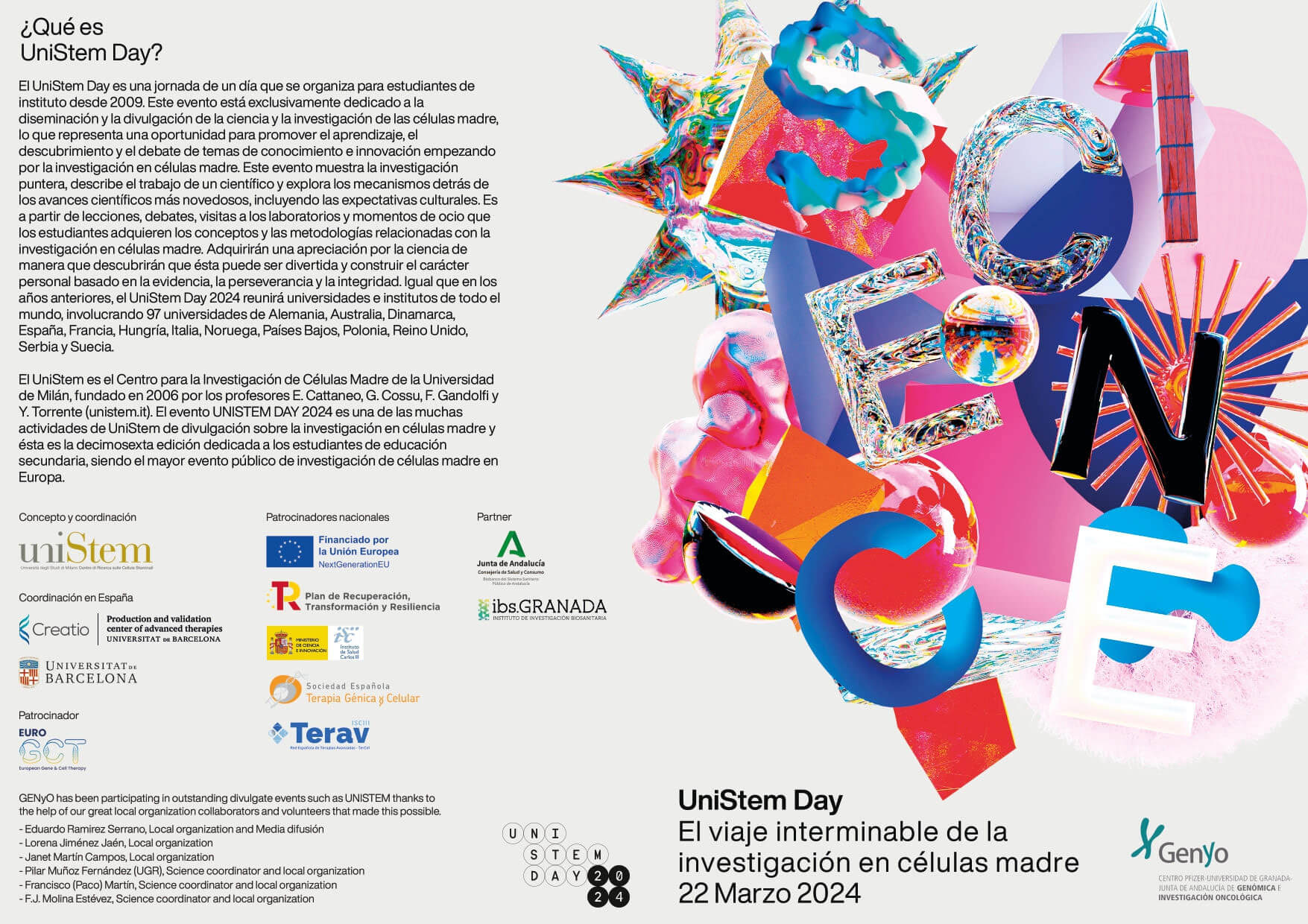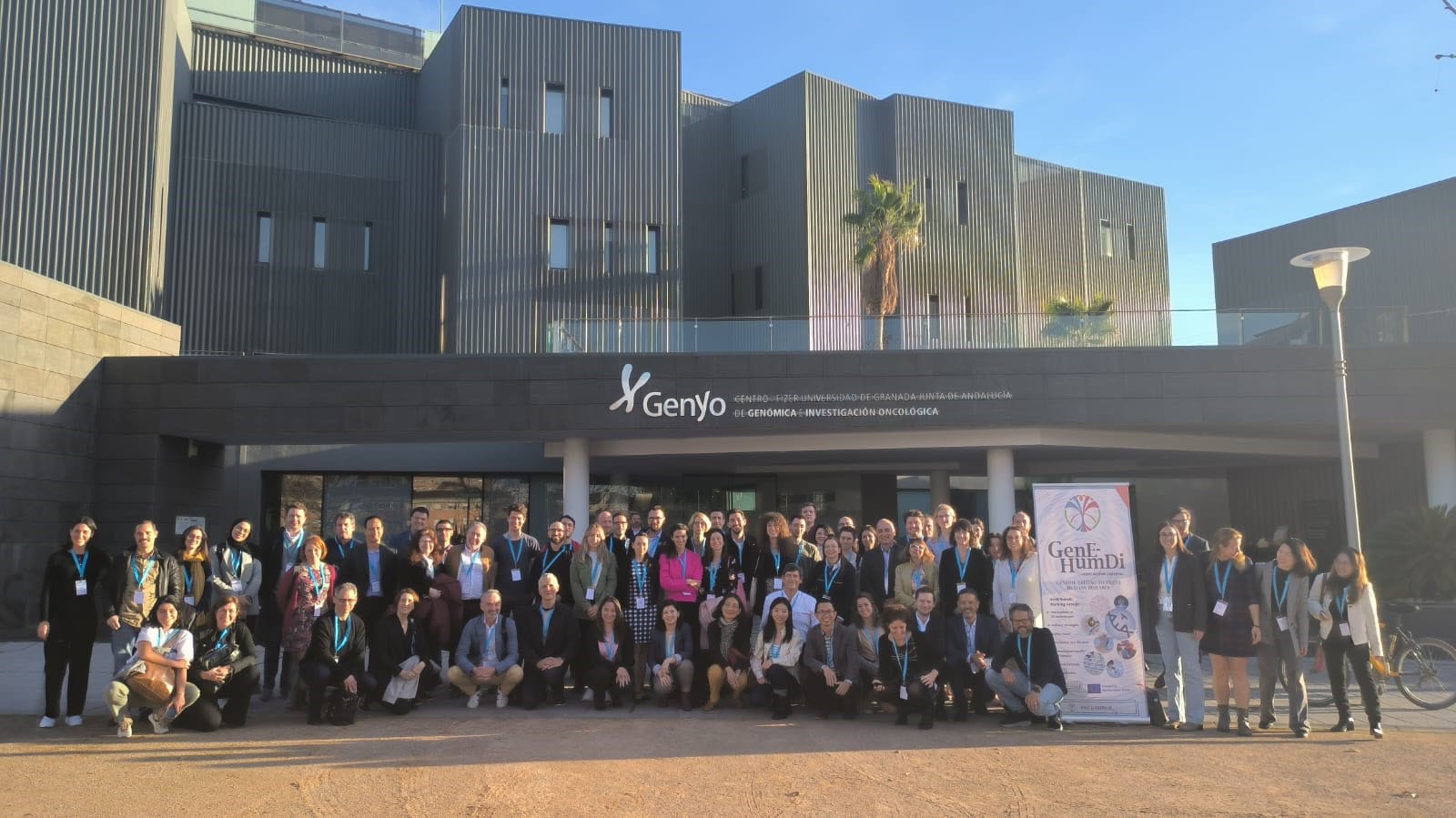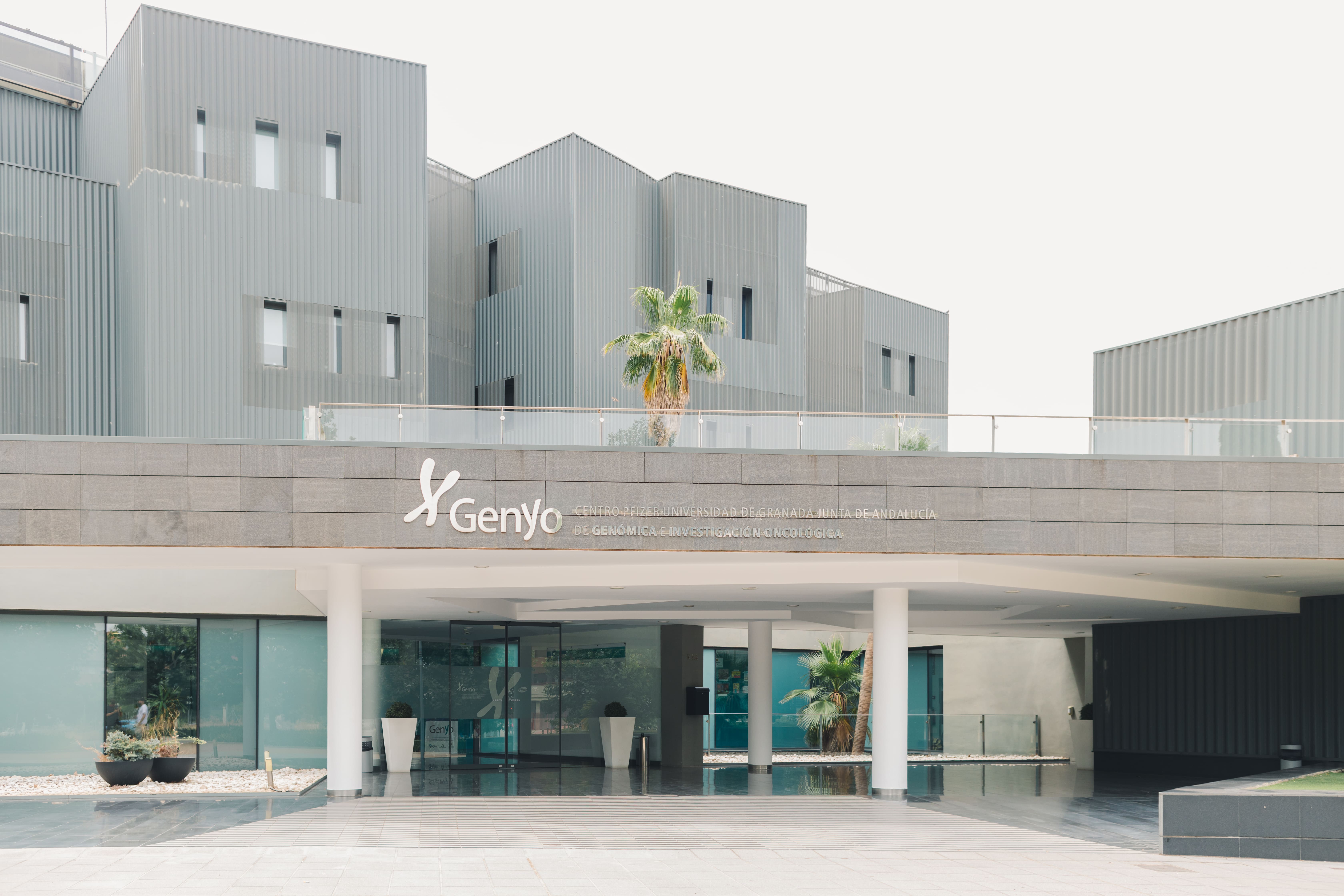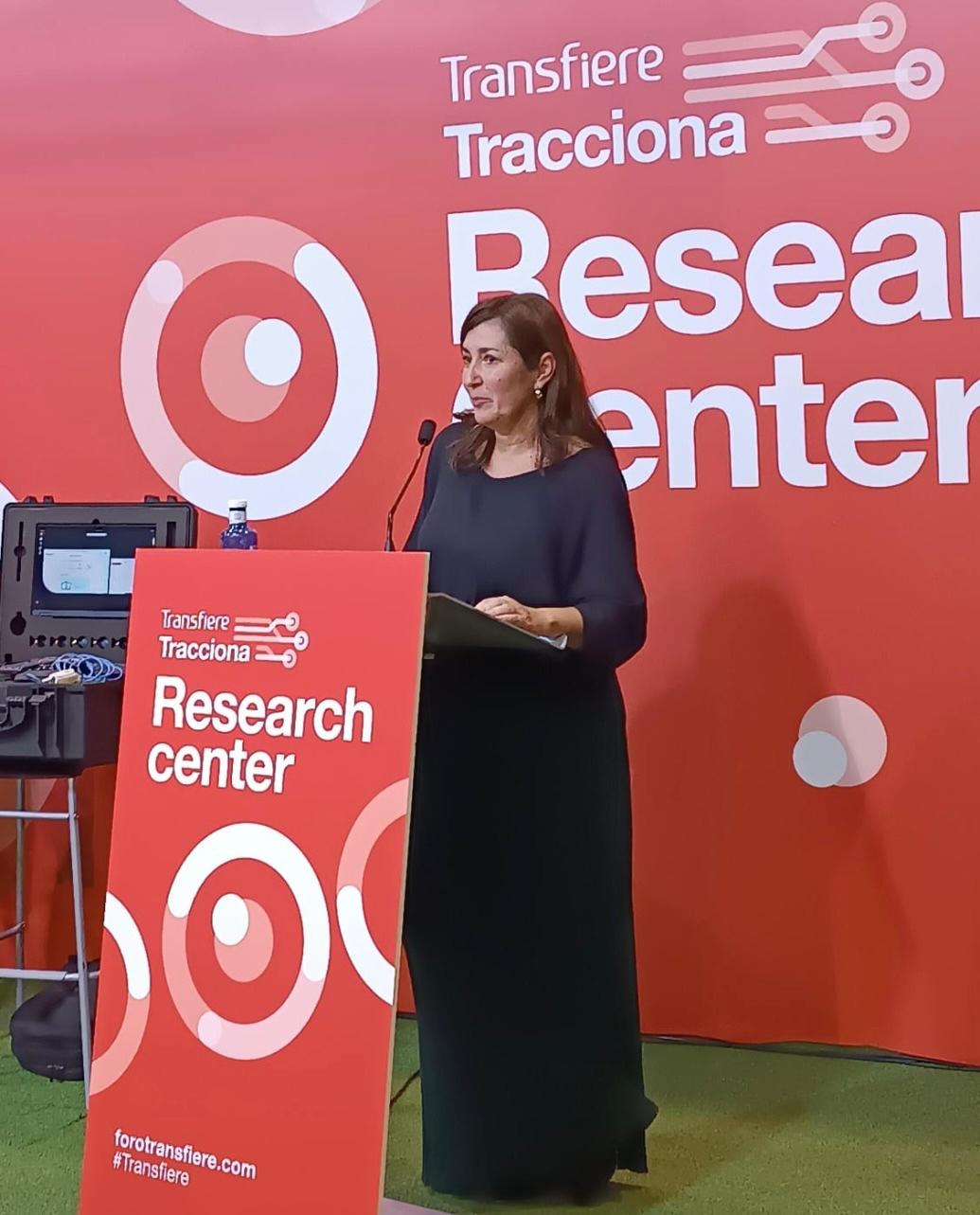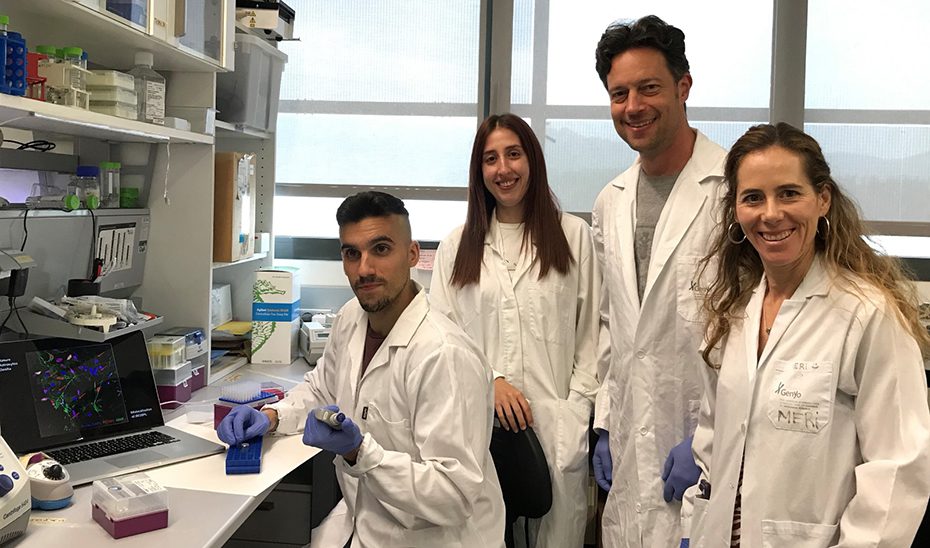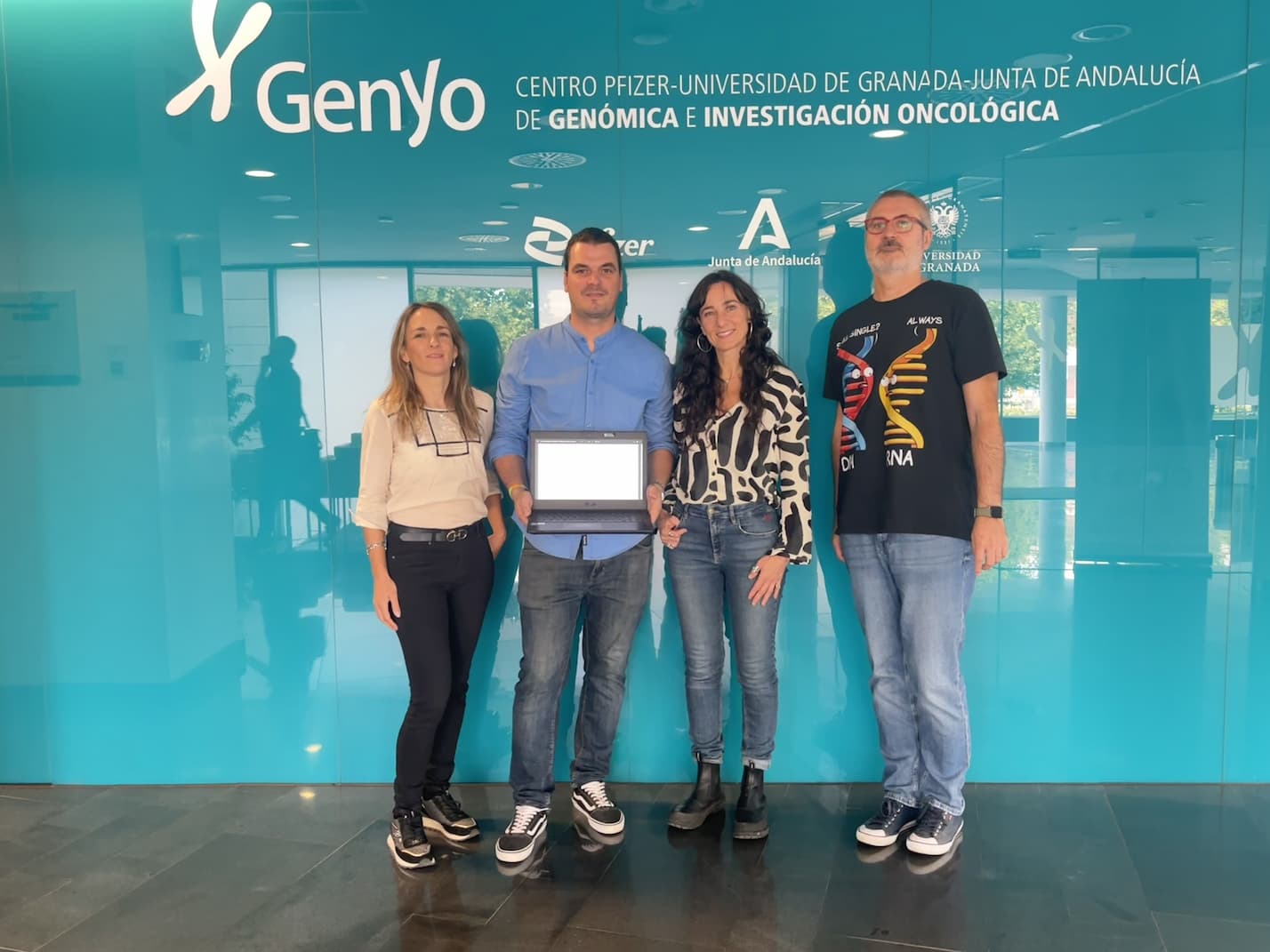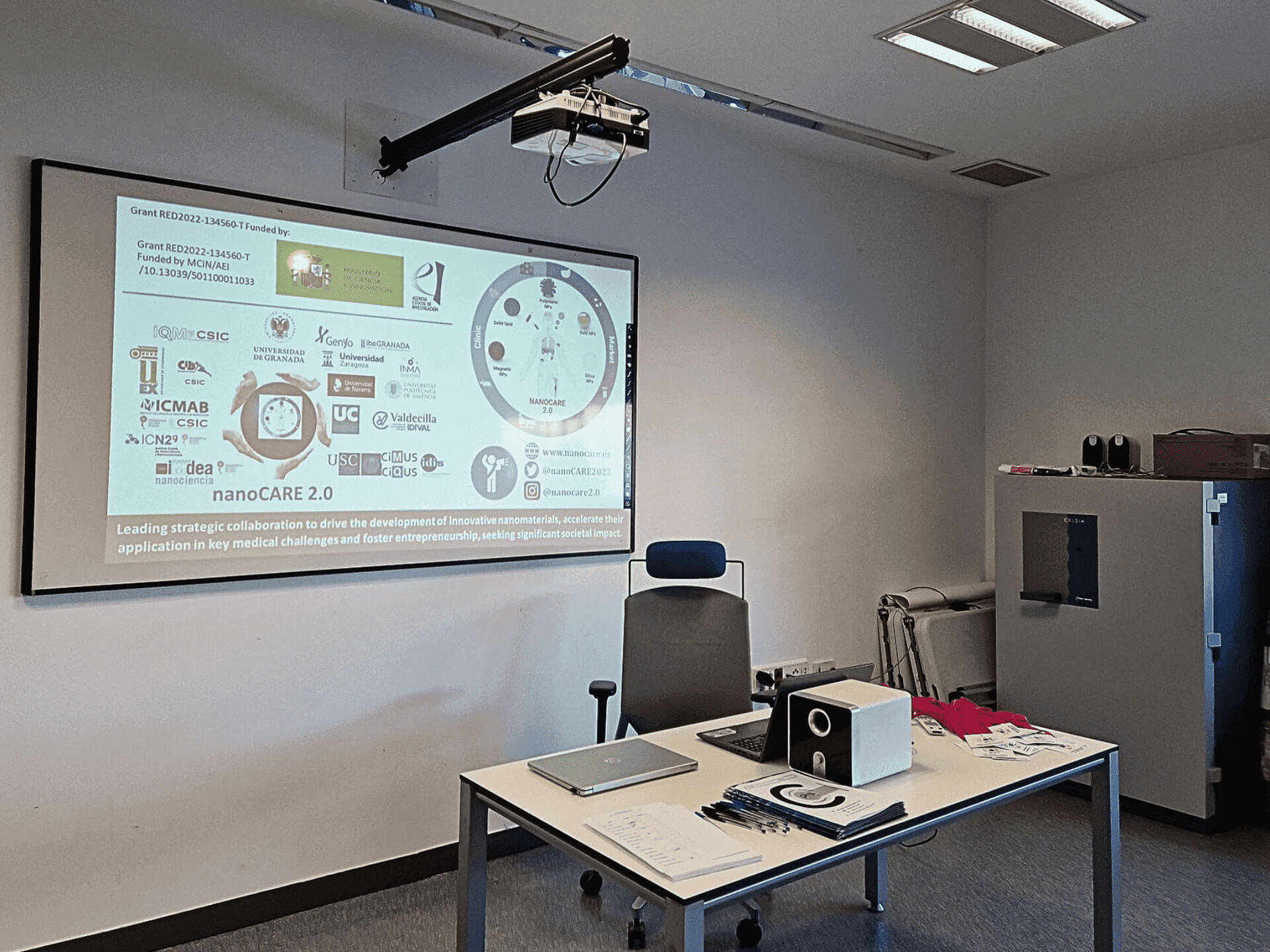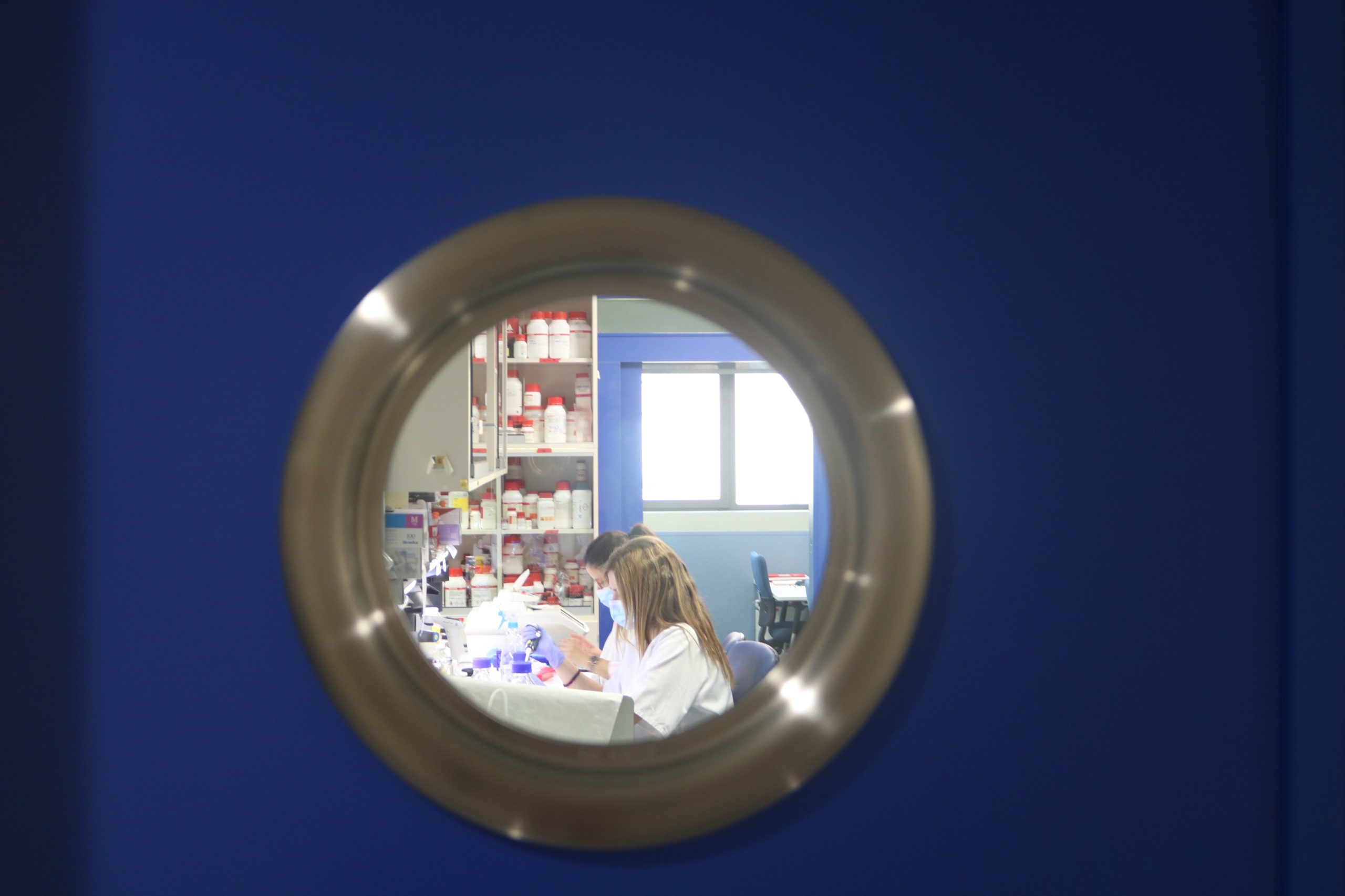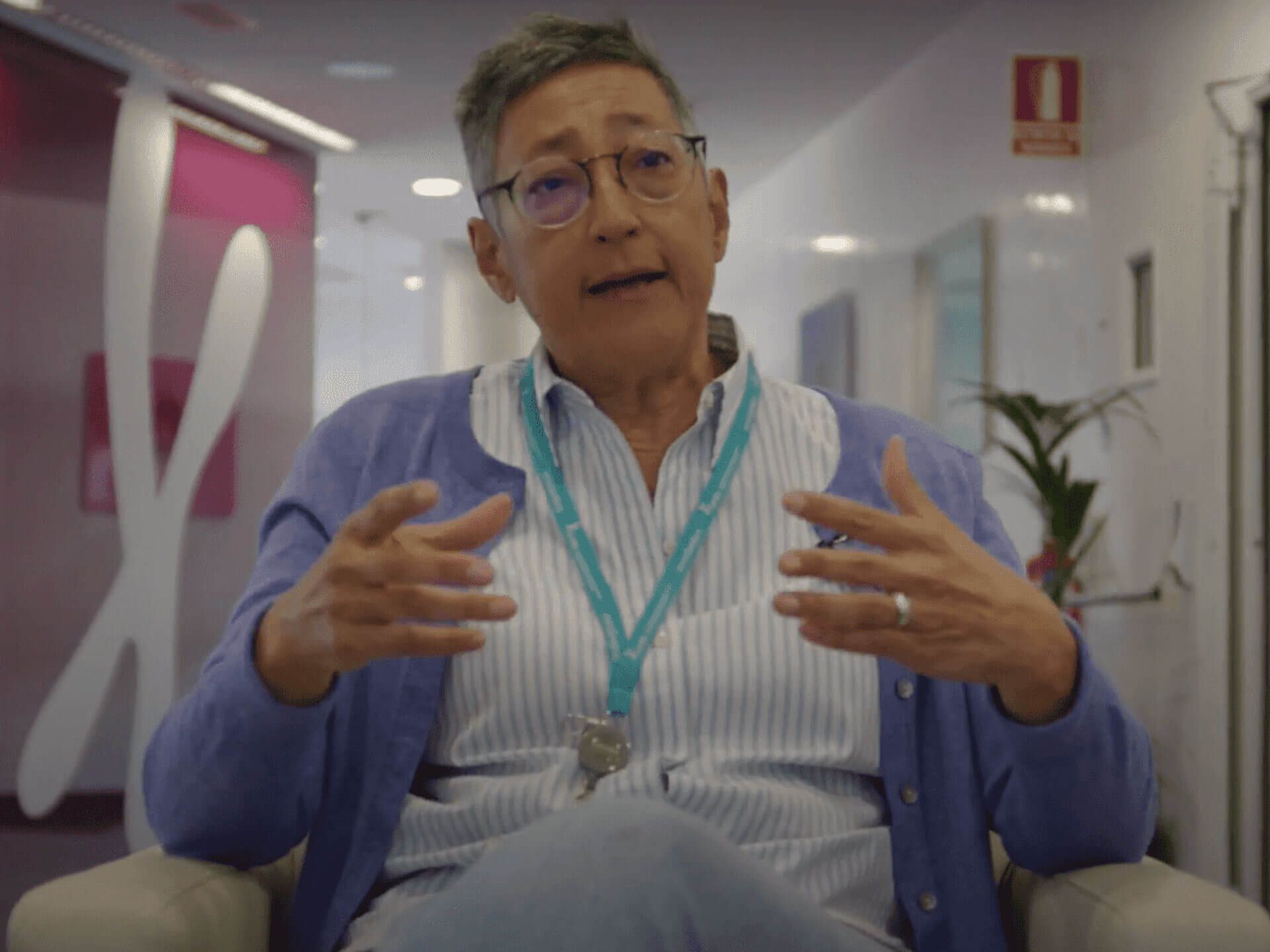
There are no projects in the garbage can.
A scientific team with members from the Pfizer-University of Granada-Junta de Andalucía Center for Genomics and Oncology Research (GENyO) has developed a new electrochemical platform capable of detecting epithelial extracellular vesicles (EpEVs), key emerging biomarkers for a more accurate and personalized diagnosis of prostate cancer.
Prostate cancer (PCa) is the second most commonly diagnosed cancer in men worldwide, and its early detection is critical to improve clinical outcomes through timely and effective treatment.
The research, published in the scientific journal Talanta, describes the design of an immunosensor that can identify epithelial extracellular vesicles (EpEVs) in human biological samples with high sensitivity and specificity. This breakthrough is an improvement over traditional methods, such as prostate-specific antigen (PSA) analysis, which often has limitations in terms of false positives and inaccurate diagnoses.
The electrochemical platform developed allows the detection of EpEVs by means of an immunological sandwich technique that uses specific antibodies to capture and quantify these tumor vesicles. In clinical trials, the combination of the EpEVs signal with PSA levels significantly improved the diagnosis of patients with this disease in a minimally invasive manner.
In addition to its diagnostic value, this system proved useful as a therapeutic follow-up tool, as a decrease in EpEVs levels was observed after six weeks of treatment in prostate cancer patients. This opens the door to more personalized and less invasive medicine.
“This tool has great potential, as it increases diagnostic accuracy and reduces the need for invasive procedures such as biopsy,” explain Dr. Valero and Dr. Ortega, GENyO researchers and lead authors of the study. They were joined by researcher Coral Gonzalez, also from the GENyO center.
This work was carried out in collaboration with the CONICET team, led by Dr. Martín Fernández Baldo. Dr. Fernández Baldo, who has collaborated with Dr. Ortega since the beginning of his career in biomedical research, has found GENyO to be an exceptional working environment. To date, this collaboration has resulted in more than 15 articles published in prestigious journals such as Talanta, Analytical Chemistry, TRAC, among others, as a result of this international synergy.
Read the full article:
https://www.sciencedirect.com/science/article/abs/pii/S0039914025006204
See more news



